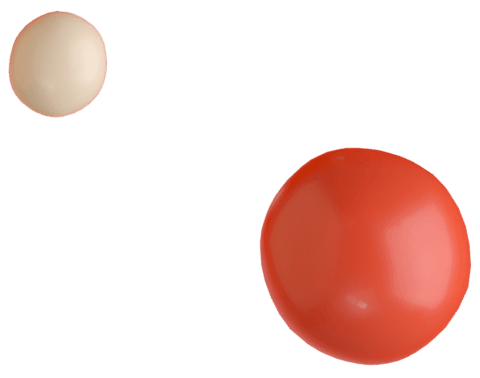Our scientific experts at Hematogenix® have the experience and tools that allow them to be highly responsive to the needs of our clients.
Hematopathology
We provide specialized services and extensive experience to provide accurate diagnosis and monitoring of hematological disorders, including AML, CLL, MM, and others.
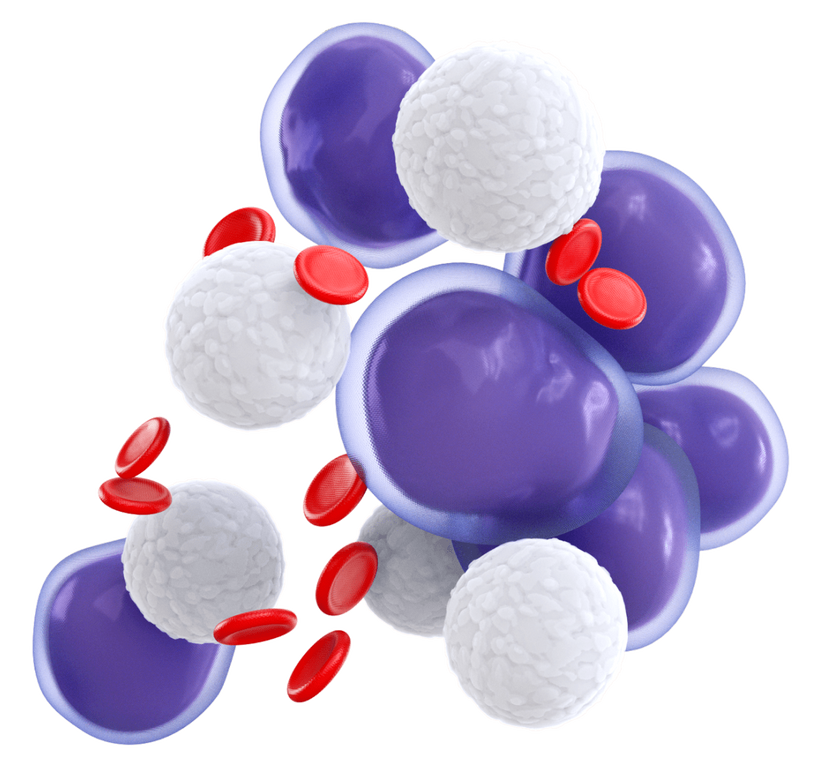
AML
Acute Myeloid Leukemia (AML) is a group of diseases of the bone marrow and is considered one of the most difficult hematological disorders to characterize due to its complex and heterogeneous nature. Hematogenix’s experienced hematopathologists are adept at interpreting AML, reviewing thousands of cases annually. AML testing is performed at Hematogenix by flow cytometry, molecular genetics, histology, FISH, and cytogenetics. We have validated multiple flow cytometry assays for immunophenotyping, receptor occupancy, and minimal/measurable residual disease (MRD) detection for AML.
Our AML MRD flow assay is in alignment with the guidelines set forth by the European LeukemiaNet MRD Working party. We have also validated a highly-sensitive, comprehensive, 73-gene myeloid panel for AML MRD detection by NGS. These assays are available at all of our locations (US, EU, Asia-Pacific, and China) and have been used for multiple phase 3 registrational clinical trials, with single-subject reports provided to the sites to support treatment decisions.
CLL
Hematogenix offers multiple testing methodologies for Chronic Lymphocytic Leukemia (CLL) by flow cytometry, molecular genetics, histology, FISH, and cytogenetics. Some biomarkers include CD19, CD5, CD49d, CD47, Kappa, Lambda, cytoplasmic ZAP-70, as well as other custom biomarkers. We have validated multiple flow cytometry assays for immunophenotyping, receptor occupancy, and minimal/measurable residual disease (MRD) detection for CLL. The CLL MRD assay by flow cytometry follows the European Research Initiative on CLL (ERIC) guidelines. Hematogenix also offers an MRD assay by NGS for several B-cell disorders, including CLL. These assays are available at all of our locations (US, EU, Asia-Pacific, and China) and have been used for multiple phase 3 registrational clinical trials, with single-subject reports provided to the sites to support treatment decisions.
MM
Multiple Myeloma (MM) testing at Hematogenix is available by flow cytometry, molecular genetics, histology, FISH, and cytogenetics. Some biomarkers include CD38, CD138, cytoplasmic Kappa, cytoplasmic Lambda, PD-L1, BCMA, as well as other custom biomarkers. Hematogenix has evaluated multiple BCMA clones and has established and validated robust assays by both IHC and flow cytometry. We have also validated multiple flow cytometry assays for immunophenotyping, receptor occupancy, and minimal/measurable residual disease (MRD) detection for MM. The MM MRD assay by flow cytometry follows the EuroFlow guidelines and protocols. Hematogenix also offers an MRD assay by NGS for several B-cell disorders, including MM. These assays are available at all of our locations (US, EU, Asia-Pacific, and China) and have been used for multiple phase 3 registrational clinical trials, with single-subject reports provided to the sites to support treatment decisions.
Solid Tumor Pathology

Our pathologists are world-renowned experts in multiple subspecialties.
- Anatomic Pathology
- Clinical Pathology
- Cytopathology
- Dermatopathology
- GI and GU Pathology
- Hematopathology
Our Pathologists are:
- Available to serve as Principal Investigators and Consultants
- Employed full-time and at all of our locations
- Experienced in performing Phase 3 clinical trials for bladder, breast, colon, head & neck, lung, melanoma, ovarian, and other tumors.
- Prepared to excel in inter-laboratory reducibility studies (ILRs)
Minimal Residual Disease (MRD)
We are leaders in the field when it comes to monitoring measurable/minimal residual disease (MRD), which can be a deciding factor in a patient's treatment regimen.
Multiple studies have demonstrated that patients with no MRD detected have better overall survival (OS) and progression-free survival (PFS) rates, when compared to patients with detected MRD. MRD detection requires highly sensitive methods to assess these hidden cells. Hematogenix has validated multiple and complementary MRD assays by NGS and Flow Cytometry for AML and B-cell malignancies (e.g., CLL, MM, and others).
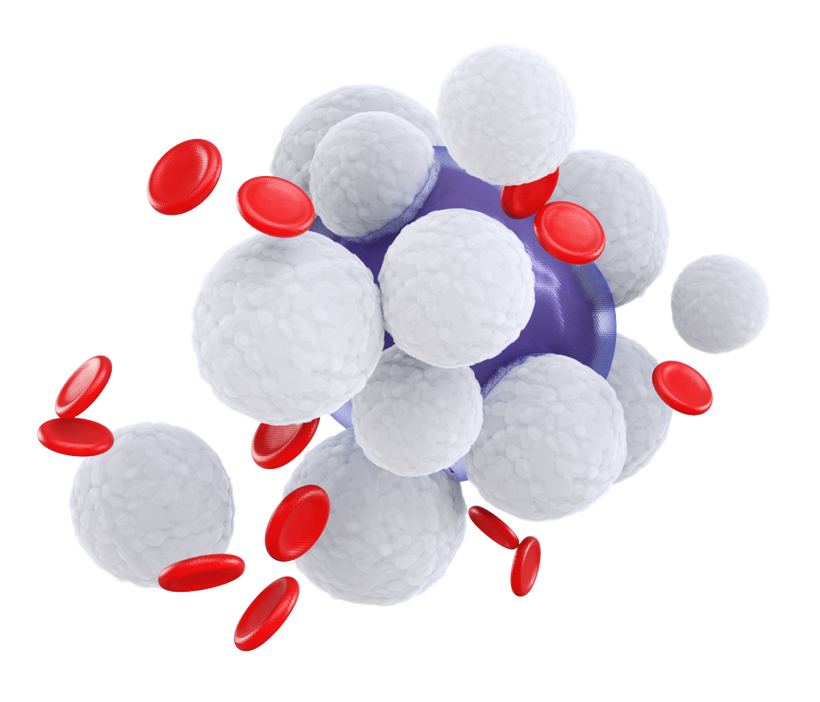
Companion Diagnostics (CDx)
Our mission is to advance the reach of precision medicine to all patients.
We have extensive experience in developing Companion Diagnostics (CDx) through our partnerships with pharmaceutical sponsors and diagnostic manufacturers. We work closely with our partners from early stages of assay development to CDx commercialization. In addition, we offer multiple CDx assays utilizing our exceptional proficiency in the areas of immunohistochemistry and molecular genetics.
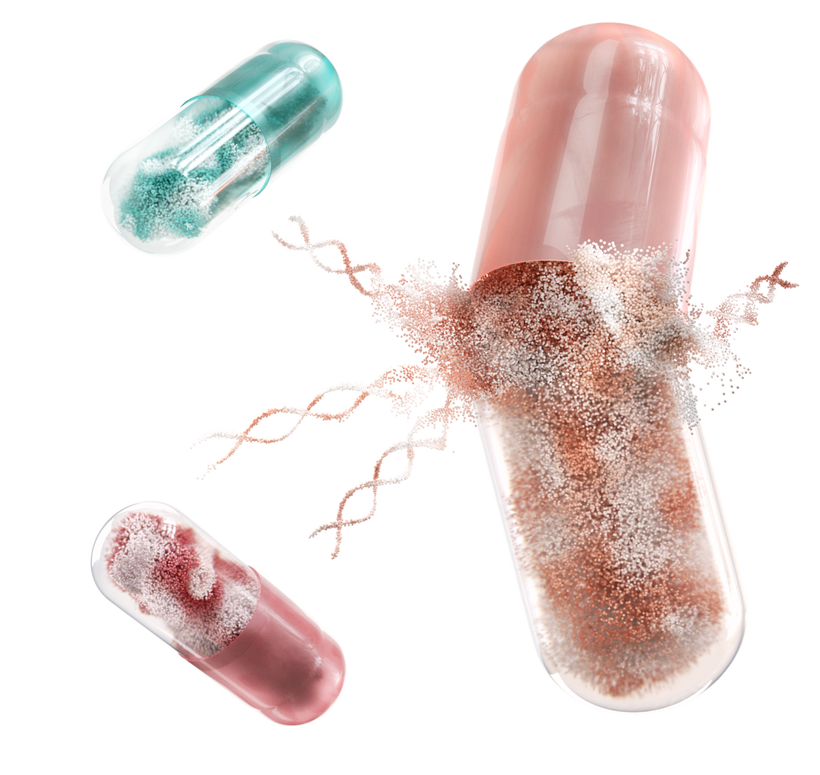
Assays
- FDA-Approved CDx Assays
- Custom Assays and Processes for CDx Development
Next-Generation Sequencing (NGS)
Along with our expert scientists and biostatisticians, our NGS services will assist you with better understanding the molecular characteristics of cancer cells.
The use of NGS has ushered in a new era of precision oncology, and Hematogenix employs this advanced technology to understand a tumor’s molecular characteristics in order to improve patient classification and predict patient response to targeted therapy. The scientific experts at Hematogenix have validated multiple NGS assays to cover AML, MDS, and other hematological disorders. Additionally, the Hematogenix Bioinformatics team has developed proprietary analysis pipelines to harness the vast data provided by NGS.

Platforms
Assays
- Myeloid Genotyping Panel
- Myeloid MRD Panel
- Custom Assays
Immuno-Oncology
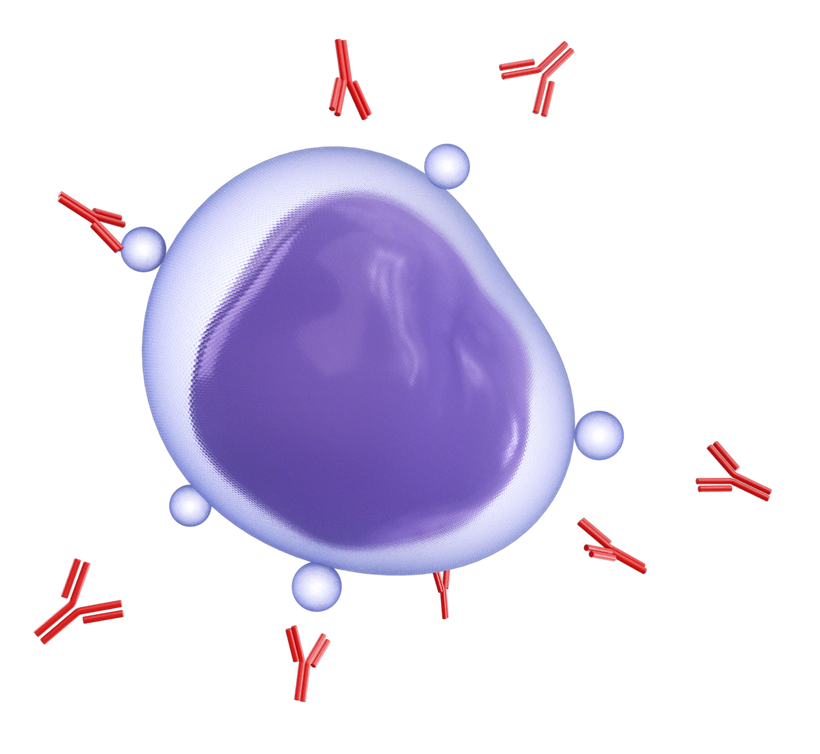
As immuno-oncology ushers in a new era in the fight against cancer, we also strive to provide innovative services to help our clients better understand how the immune system can be channeled to eradicate cancer cells.
Our understanding of the innate and adaptive immune responses has led to the development of key therapies in the fight against cancer. Specifically, cancer immunotherapy focuses on activation of the immune system to recognize and kill cancer cells. Some of the immunotherapies currently being adopted in clinical trials include targeting of inhibitory receptors (e.g., PD-L1 and CTLA4), utilizing bi-specific antibodies, and incorporating adoptive cell transfers (e.g., Chimeric Antigenic Receptor (CAR) T Cells). As biopharmaceutical companies continue to design and develop immunotherapies, the need to assess the efficacies of these therapies grows. The Hematogenix® clinical, scientific and project management teams serve our biopharma partners as they advance these therapies.
Hematogenix has been, and continues to be, involved in several clinical trials monitoring key biomarkers, such as PD-L1 and BCMA, and changes to the immune response during these trials. The BCMA IHC assay has been validated on FFPE tissue blocks, including decalcified bone marrow core biopsies as a single stain and as a dual stain with other biomarkers such as CD138. Multiple BCMA flow cytometry assays have also been validated on bone marrow aspirate, alone or as part of a broader multiple myeloma minimal residual disease (MRD) panel.
Hematogenix is also one of the leading global facilities for PD-L1 IHC testing, utilizing all major PD-L1 clones (Ventana SP263, Ventana SP142, Dako 22C3, Dako 28-8 and Dako 73-10) for diagnostics, clinical trials, and reproducibility studies. Multiple diagnostic PD-L1 tests are being used to understand how PD-L1 expression predicts responses to therapies. It is vital to compare these assays through concordance studies in various indications. Through collaborations with major pharmaceutical companies, we have published concordance studies on commercially available PD-L1 clones in respected peer reviewed journals, in an effort to provide insight to harmonization of the PD-L1 diagnostic assays. Hematogenix also provides additional comprehensive assays by flow cytometry to assess the immune response, with targeted focus on PD-L1 in multiple disease types.
As immunotherapies continue to develop, Hematogenix continues to grow with the field. We currently provide services for CAR-T cell clinical trials and look forward to providing this service for new and upcoming trials.
PD-L1 Publications:
- Agreement Between Programmed Cell Death Ligand-1 Diagnostic Assays Across Multiple Protein Expression Cut-offs in Non-Small Cell Lung Cancer Published 10 January 2017
- Concordance of tumor cell (TC) and immune cell (IC) staining with Ventana SP142, Ventana SP263, Dako 28-8 and Dako 22C3 PD-L1 IHC tests in NSCLC patient samples Journal of Clinical Oncology, 2017
- Concordance of Tumour and Immune Cell staining with SP142, SP263, 22C3 and 28-8 PD-L1 tests across different Cancer Types SITC, November 2017
- Concordance among four commercially available, validated programmed cell death ligand-1 assays in urothelial carcinoma Diagnostic Pathology, December 2019

